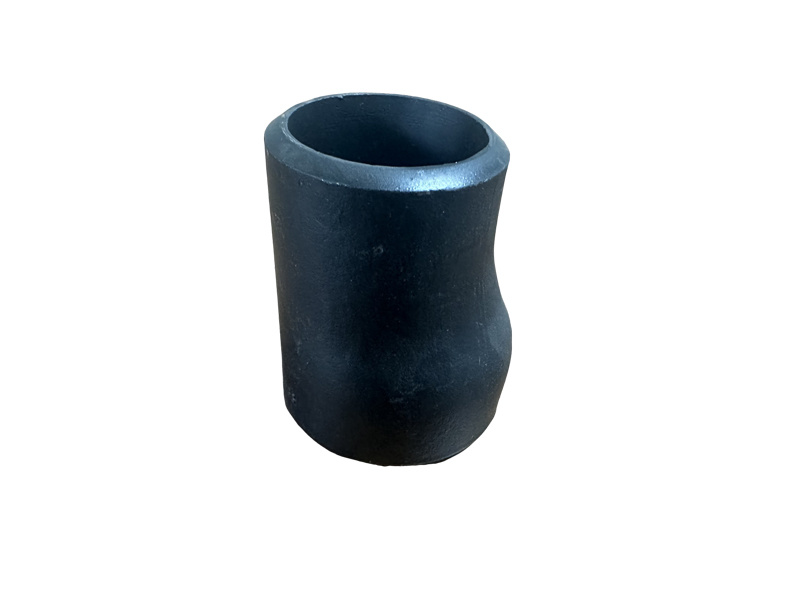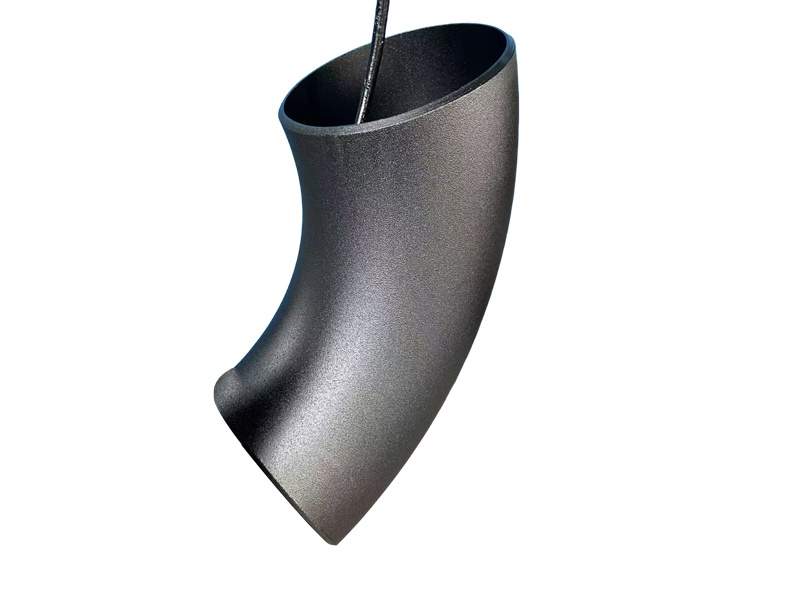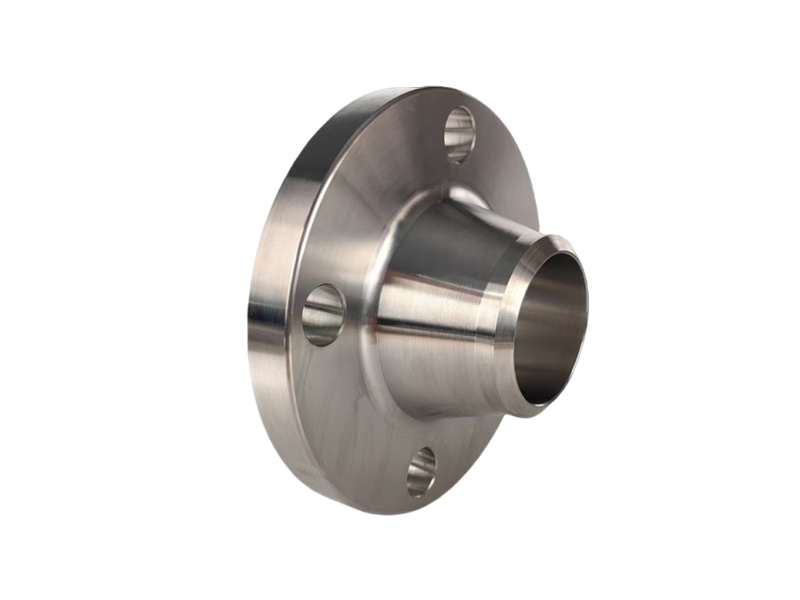-
Top Benefits of Using Forged Steel Elbows in Building Applications
Date:
03 Aug,2025
Top Benefits of Using Forged Steel Elbows in Building Applications Table of Contents Introduction to Forged Steel Elbows Understanding Forged Steel Elbows Advantages of Forged Steel Elbows 1. Exceptional Durability 2. High Strength-to-Weight Ratio 3. Corrosion Resistance 4. Temperature Resistance Key Applicatio
Top Benefits of Using Forged Steel Elbows in Building Applications
Table of Contents
- Introduction to Forged Steel Elbows
- Understanding Forged Steel Elbows
- Advantages of Forged Steel Elbows
- 1. Exceptional Durability
- 2. High Strength-to-Weight Ratio
- 3. Corrosion Resistance
- 4. Temperature Resistance
- Key Applications in Building Projects
- Cost-Efficiency in Installation and Maintenance
- Compliance with Safety Standards
- Installation Tips for Forged Steel Elbows
- Conclusion
- Frequently Asked Questions
Introduction to Forged Steel Elbows
Forged steel elbows are critical components in various building applications, particularly in the construction and engineering sectors. Their unique properties make them a favored choice for piping systems, ensuring that the flow of fluids and gases is maintained efficiently. In this article, we will delve into the numerous benefits of using forged steel elbows in building applications, highlighting why they are an essential element in modern construction.
Understanding Forged Steel Elbows
Forged steel elbows are fittings that allow for changes in direction within piping systems. They are manufactured by shaping steel through a forging process, resulting in a product that is typically stronger and more durable than standard cast fittings. This increased strength makes them ideal for high-pressure applications and environments where longevity and reliability are paramount.
Advantages of Forged Steel Elbows
1. Exceptional Durability
One of the standout features of forged steel elbows is their **outstanding durability**. The forging process imparts superior mechanical properties, making these elbows resistant to wear and tear. In high-stress environments, where traditional fittings might fail, forged steel elbows maintain structural integrity, reducing the likelihood of pipe leaks or ruptures. This durability translates to fewer replacements and lower long-term maintenance costs.
2. High Strength-to-Weight Ratio
Forged steel elbows boast a **high strength-to-weight ratio**, allowing builders to use less material while still achieving the necessary strength for structural support. This not only contributes to a reduction in overall project weight but also enables easier handling and installation. The lightweight nature of these fittings can significantly reduce labor costs associated with transportation and installation.
3. Corrosion Resistance
In many building applications, exposure to moisture and chemicals can lead to corrosion, compromising the longevity of fittings. **Forged steel elbows** are often treated with protective coatings or manufactured from stainless steel, enhancing their **corrosion resistance**. This feature ensures that these fittings can withstand harsh environments without succumbing to rust or degradation, thereby extending their service life.
4. Temperature Resistance
Forged steel elbows are capable of withstanding extreme temperatures, making them suitable for a variety of applications, including those involving hot water, steam, or even cryogenic fluids. Their ability to maintain performance under temperature fluctuations ensures that they remain reliable in diverse conditions, adding to their versatility in building projects.
Key Applications in Building Projects
The applications of forged steel elbows extend across various sectors, including:
- **Industrial Piping Systems**: Used extensively in manufacturing plants for transporting liquids and gases.
- **HVAC Systems**: Essential for directing airflow and maintaining efficient heating and cooling.
- **Water and Waste Management**: Integral to systems designed for potable water and sewage.
- **Fire Protection Systems**: Crucial in maintaining the integrity of sprinkler systems in buildings.
By understanding where these elbows fit into existing systems, engineers and builders can make informed decisions about their use.
Cost-Efficiency in Installation and Maintenance
Although the initial cost of forged steel elbows might be higher than other materials, their **long-term cost-efficiency** is significant. The durability and longevity of these fittings mean that they require less frequent replacement, leading to savings in both time and money. Additionally, reduced maintenance needs translate to lower operational costs over the lifespan of the system.
Compliance with Safety Standards
Using forged steel elbows also helps ensure compliance with safety regulations in various industries. Their ability to withstand high pressure and temperatures makes them ideal for critical systems in buildings, where safety is paramount. Many forged fittings meet or exceed relevant industry standards, providing builders and engineers with peace of mind that their projects adhere to stringent safety requirements.
Installation Tips for Forged Steel Elbows
To maximize the benefits of forged steel elbows, proper installation is crucial. Here are several tips to follow:
1. **Plan the Layout**: Before installation, ensure that the piping layout is well-planned. This includes considering the direction changes and the required fittings.
2. **Use Quality Seals**: Ensure that the seals and gaskets used with forged steel elbows are of high quality to prevent leaks.
3. **Follow Manufacturer Guidelines**: Always refer to the manufacturer's installation instructions and torque specifications to avoid damage to the fittings.
4. **Conduct Pressure Tests**: After installation, performing pressure tests can help ensure that everything is functioning correctly and safely.
5. **Regular Maintenance Checks**: While forged steel elbows are durable, periodic inspections can help catch any potential issues before they escalate.
Conclusion
Forged steel elbows represent a critical component in modern building applications, offering a range of benefits that significantly enhance the performance and durability of piping systems. Their exceptional strength, corrosion resistance, and cost-effectiveness make them a preferred choice for engineers and builders alike. In today’s construction industry, where efficiency and safety are paramount, the adoption of forged steel elbows is not just advantageous but essential for creating reliable infrastructure. By understanding and utilizing these fittings effectively, we can ensure that our building projects are equipped to handle the demands of the present and future.
Frequently Asked Questions
1. What are forged steel elbows made of?
Forged steel elbows are typically made from high-quality steel, which is then subjected to a forging process. This process enhances the material's strength and durability.
2. How do forged steel elbows compare to cast iron elbows?
Forged steel elbows are generally stronger and more durable than cast iron elbows. They also have a higher resistance to corrosion and temperature fluctuations, making them a better choice for many applications.
3. Can forged steel elbows be used in residential plumbing?
Yes, forged steel elbows can be used in residential plumbing systems, especially in applications requiring high strength and durability.
4. What is the lifespan of forged steel elbows?
The lifespan of forged steel elbows can vary based on usage and environmental conditions, but they are designed to last many years without significant deterioration.
5. Are there specific standards for forged steel elbows?
Yes, forged steel elbows must meet specific industry standards, such as ASTM (American Society for Testing and Materials) and ASME (American Society of Mechanical Engineers) standards, which ensure their quality and reliability in various applications.Related News
04 Aug,2025
Understanding SS Concentric Reducers: Essential Components in Pipe Systems
In the realm of construction and decorative materials, particularly in piping systems, SS concentric reducers serve as fundamental components designed to facilitate smooth transitions between different pipe diameters. These fittings are essential for maintaining optimal flow rates and pressure levels within various plumbing and industrial systems. Understanding their construction, application, and
03 Aug,2025
Top Benefits of Using Forged Steel Elbows in Building Applications
Top Benefits of Using Forged Steel Elbows in Building Applications Table of Contents Introduction to Forged Steel Elbows Understanding Forged Steel Elbows Advantages of Forged Steel Elbows 1. Exceptional Durability 2. High Strength-to-Weight Ratio 3. Corrosion Resistance 4. Temperature Resistance Key Applicatio
02 Aug,2025
Comprehensive Guide to BS4504 PN16 Weld Neck Flanges: Key Features and Applications
Weld neck flanges are crucial components in piping systems, particularly in construction and decorative materials. The BS4504 PN16 weld neck flange is designed to meet specific standards that ensure reliability and strength in various applications. This guide will explore the essential features of these flanges, their uses, and the benefits they offer to industry professionals. ### What is a BS450
Contact information
Address: North Ring Industrial Zone, Mengcun County
Telephone: 86 0317- 6729218 86 0317-6727320
Fax: 0317-6727310
mobile phone: 86 13833761688whatsapp: 86-13780271039
Email: shengyuanflange@163.comLeave Message










